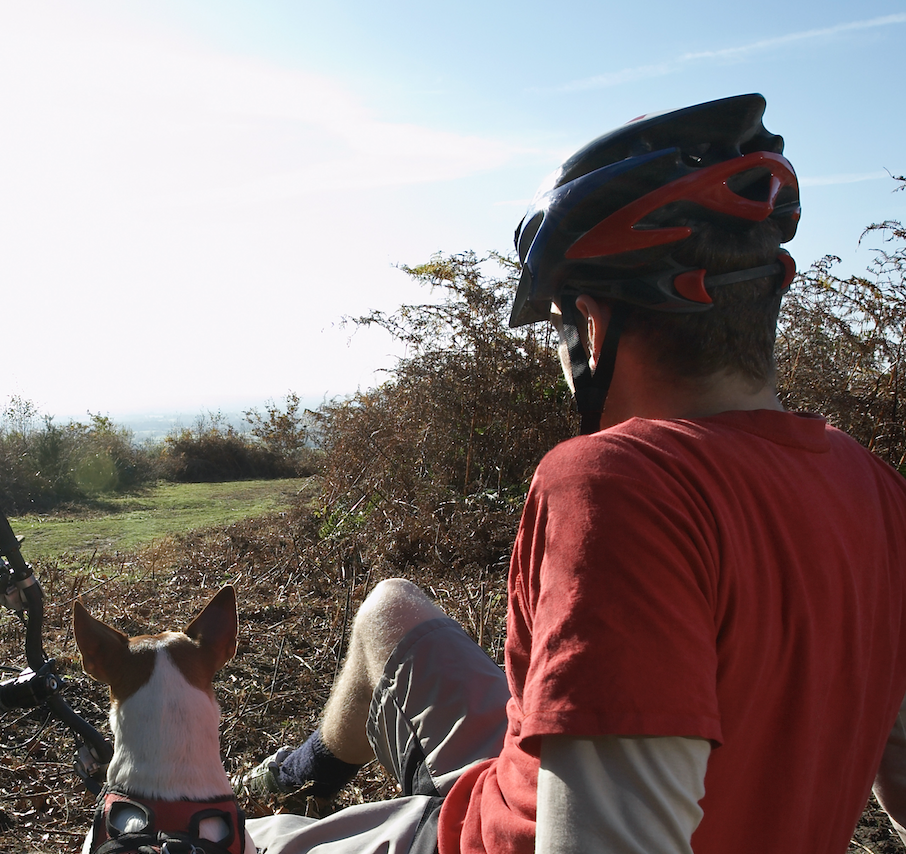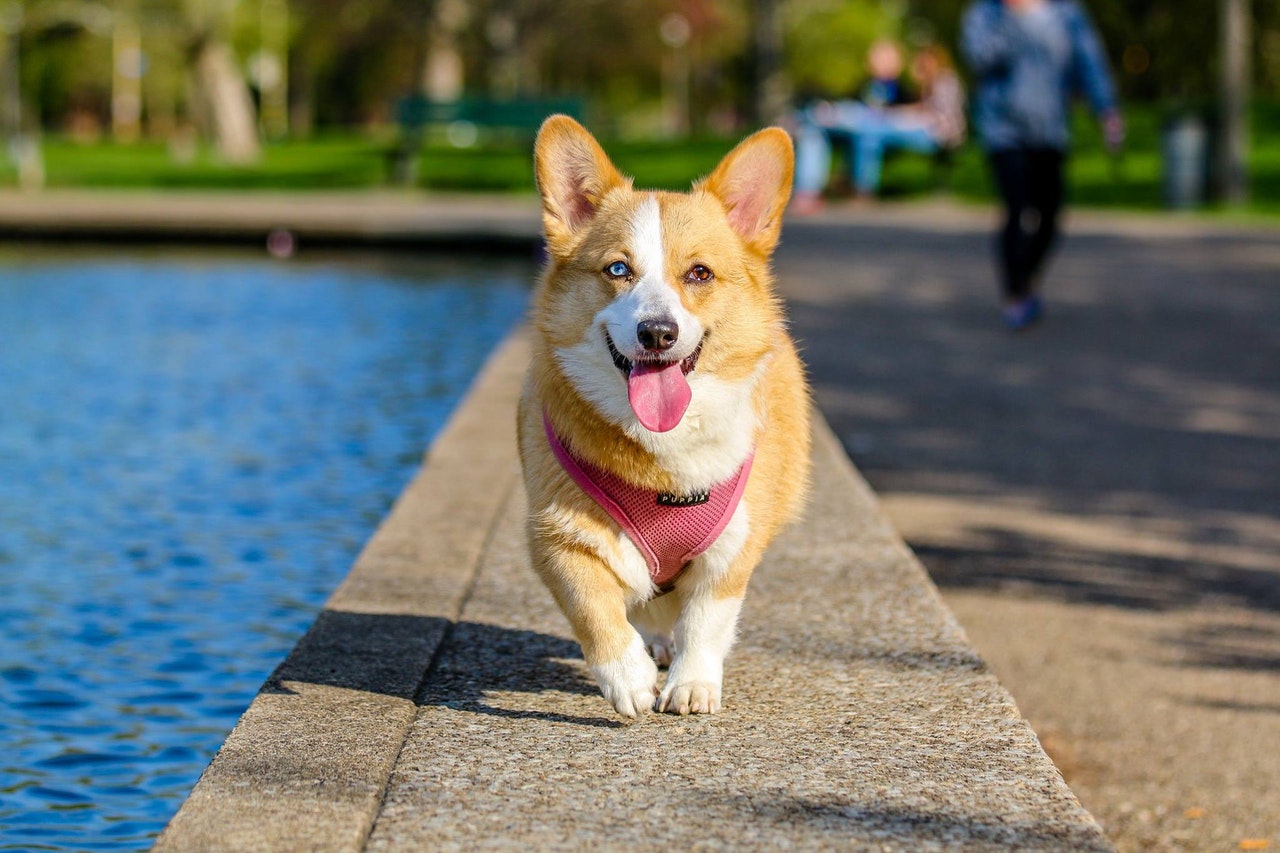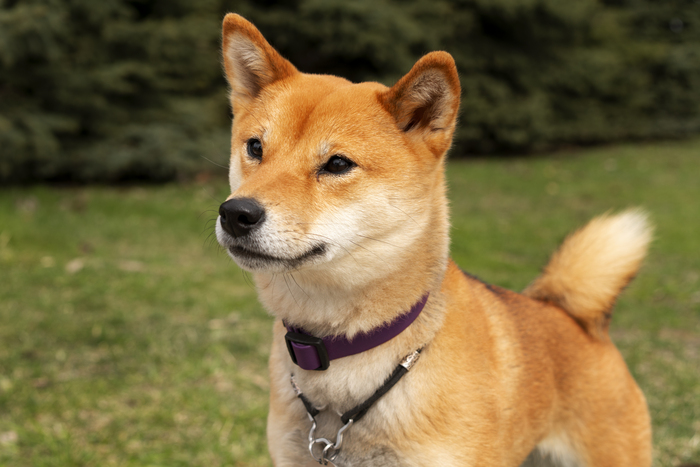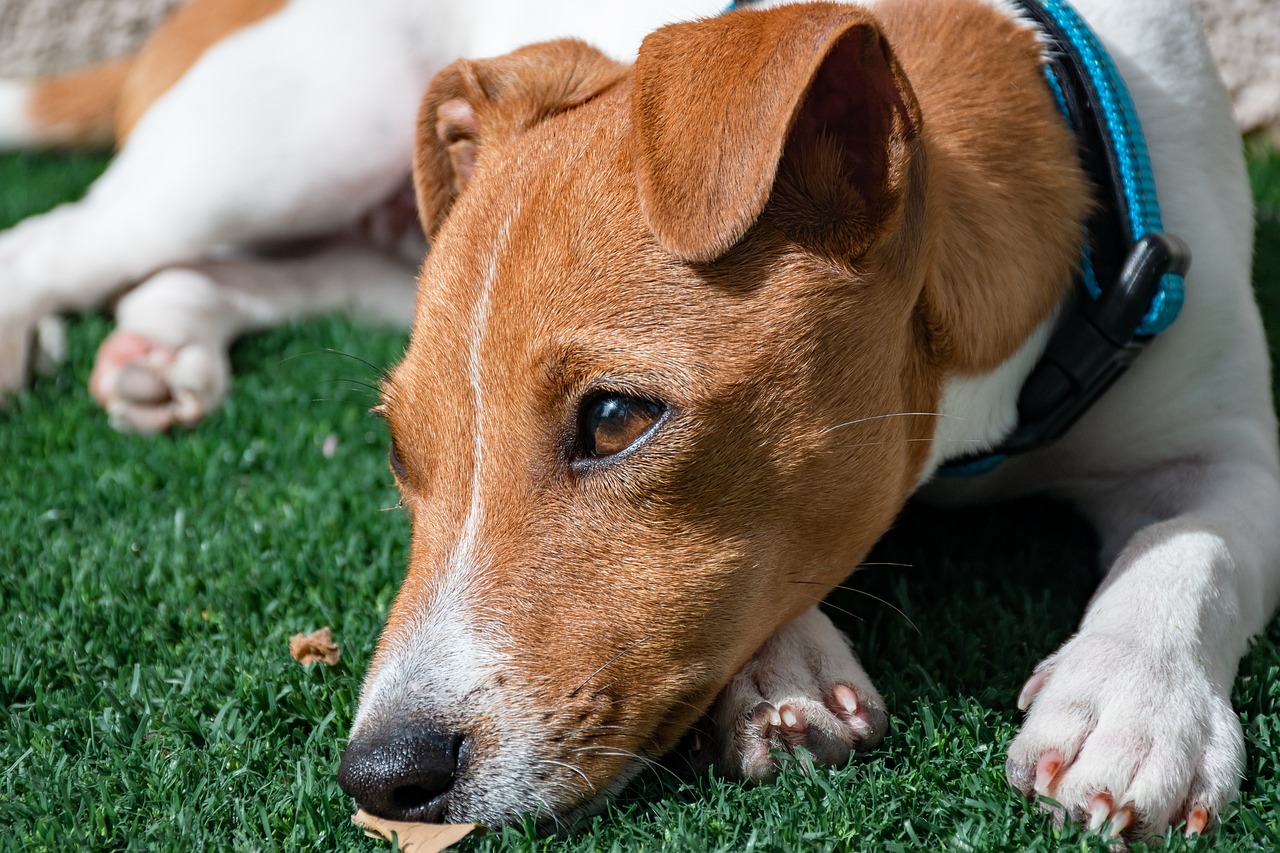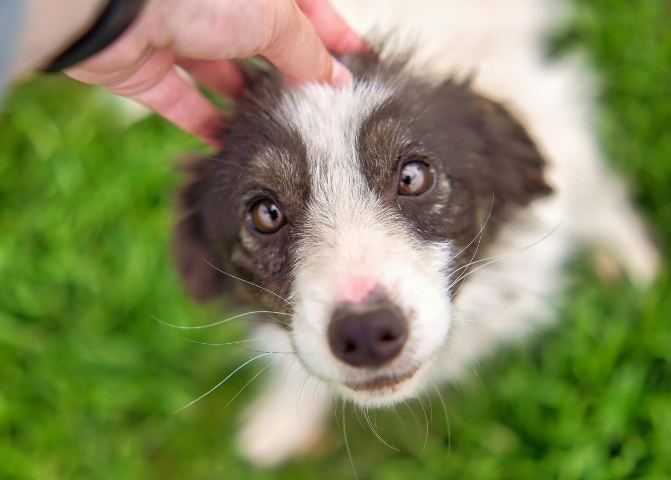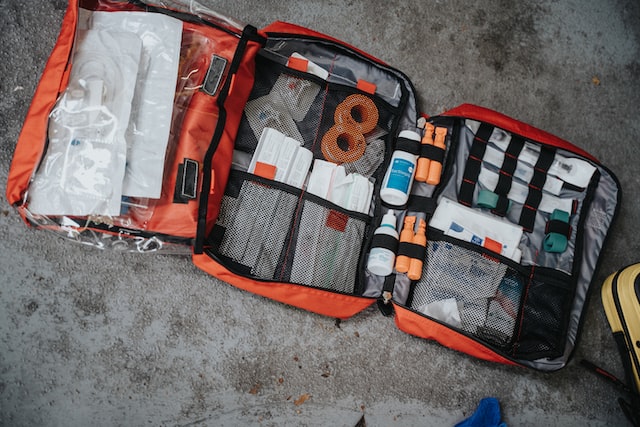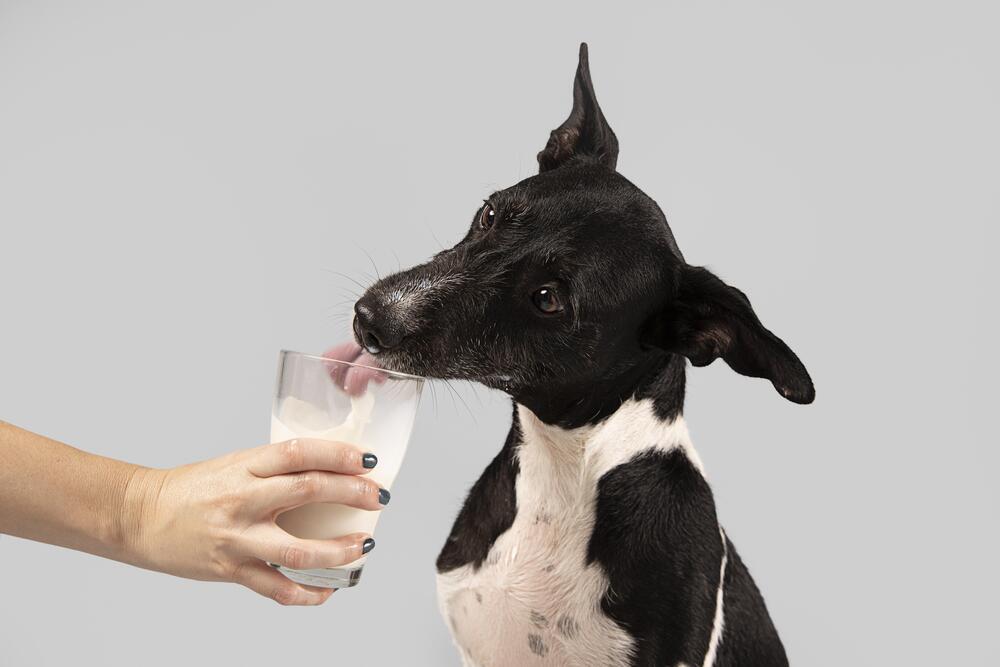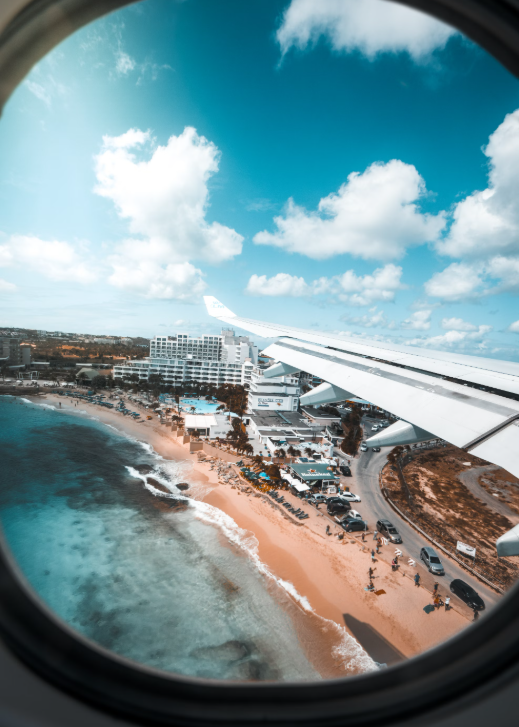
Imagine going on a wonderful trip to the Carribean with your beloved paw friend! Sounds amazing, doesn’t it?
Traveling with our dogs and cats by our side can be a unique adventure, filled with pleasant moments! If we put this lovely image ahead for a moment, we will realize that traveling requires preparation to go as smooth as we wish.
For many pet owners and individuals with service animals, the journey isn't just about reaching the destination but about ensuring a comfortable, stress-free experience for both themselves and their paw family members.
Today we will help you familiarize yourself with the pet, ESA and service dog policy of Caribbean Airlines so that you can prepare properly for your upcoming trip!
Key Takeaways
-
Does Caribbean Airlines Accept Emotional Support Animals (ESAs)?
Similarly to many airlines, Caribbean Airlines also changed its service dog/ESA policy in 2021.
While they no longer accept Emotional Support Animals on international flights (valid for tickets purchased on or after July 13th 2021), they still accept ESAs on domestic flights between Trinidad and Tobago, a dual-island Caribbean nation.
The airline recognizes only dogs as Emotional Support Animals.
-
Does Caribbean Airlines Accept Service Dogs?
Yes, the airline accepts service dogs on board the aircraft. Service animals are considered dogs regardless of the type or breed that are individually trained to perform tasks / do work for the benefit of a qualified person with a disability, which can be physical, mental, sensory, psychiatric or intellectual.
Psychiatric Service Dogs are recognized as service animals.
-
Do Service Dogs Fly for Free?
All service dogs, including psychiatric service dogs, that meet the airline’s requirements fly at no cost.
-
How to Get a Service Dog?
Service dogs undergo specialized training to perform specific tasks directly related to a disability. Dog owners in many countries are legally permitted to train their pet dogs as service animals. If you have a beloved furry friend with whom you share a strong bond, the SDTSI training programs can help you train them properly!
-
How to Qualify for a Service Dog?
To qualify for a service dog, an individual must be diagnosed with a disability, includiing but not limited to impaired mobility, sight, hearing, diabetes, seizures, PTSD, anxiety, depression, bipolar disorder, etc.
-
How to Get Started?
You can get started by taking the SDTSI online service dog training assessment to see if you qualify and enroll in the program that would best suit your needs.

Flying With Emotional Support Animals (ESAs) on Caribbean Airlines
Are ESAs Allowed to Travel on Caribbean Airlines?
The airline continues to accept Emotional Support Dogs for domestic travel between Trinidad and Tobago.
However, ESAs are no longer accepted on international flights effective Aug 1, 2021.
Currently, only dogs are permitted as Emotional Support Animals in the aircraft cabin.
What Species Are Accepted as ESAs?
Currently, the airline accepts only dogs as Emotional Support Animals in the aircraft cabin.
Advance Notification Requirements
Passengers flying with ESAs need to inform Caribbean Airlines Reservations at least 48 hours prior to departure. If proper notice is not given, the airline will consider the dog a pet, and relevant pet fees will apply according to their pet policy.
Required Documentation
To travel with an Emotional Support Dog, passengers have to submit the necessary documentation to Caribbean Airlines by fax at 1-800 944 8999 / 1-868 625 1025 or via email at [email protected] no later than 48 hours before their flight.
Keep in mind that the airline will not provide accommodation to ESAs unless up-to-date documentation is provided. This must be dated within one year of the scheduled flight.
The required documentation must be issued by a licensed mental healthcare provider, written on their letterhead, and include the following details to confirm that:
-
The individual has a mental health condition, which is recognized in the most current edition of the Diagnostic and Statistical Manual of Mental Disorders.
-
The presence of the animal is essential for the individual’s mental health or treatment.
-
The mental health professional providing the assessment is licensed (e.g., psychiatrist, psychologist, licensed clinical social worker) and the passenger is under their current care.
-
The type, and date of the healthcare provider’s license along with the state or relevant jurisdiction where the license was issued.
The airline verifies the provided documentation by contacting the relevant mental health professional before the flight.
Once the dog gets approved by the airline, they must remain seated at the passenger’s feet and not extend into the aisles. Additionally, passengers with Emotional Support Animals are not permitted to sit in the exit rows. These measures aim to ensure compliance with safety regulations.
Smaller animals may be placed in approved in-cabin kennels. More information about the approved kennel dimensions for smaller animals can be obtained by contacting Caribbean Airlines Reservations.
It’s
important to note that passengers, whose documents cannot be verified
by the airline, will be required to transport their dogs as pets, and
applicable pet fees according to the airline’s policy will be
charged.
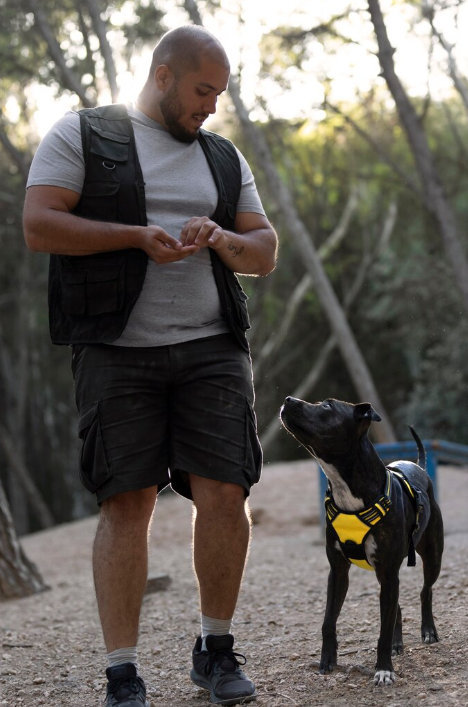
Flying with Service Dogs on Caribbean Airlines
General Guidelines for Flying with Service Dogs
The airline defines service animals as dogs, regardless of their breed or type, that have been individually trained to perform specific tasks or work for the benefit of a qualified individual with a disability. This includes disabilities that are physical, sensory, psychiatric, intellectual, or related to other mental conditions. Psychiatric Service Animals are also recognized as Service Animals.
Service Animals accompany qualified individuals with a disability and may be accepted for travel in passenger cabins, provided they meet the airline’s regulations.
They may not occupy seats and must remain on the floor at their owners’ feet. They also must not extend into the aisles. For smaller animals, an approved in-cabin kennel may be used, if it meets the airline’s requirements.
Certain seating, such as exit rows, may be limited for passengers with disabilities. Passengers flying with service dogs need to contact Caribbean Airlines Reservations no later than 48 hours before departure.
International Destinations
When traveling to international destinations, passengers flying with service dogs may need to provide vaccination records and other required documentation for their service animals. Additional paperwork may be necessary depending on the country of entry, as some countries have restrictions on the entry of animals. Since these regulations vary on a local level, Caribbean Airlines advises service dog handlers to contact the relevant embassy or consulate at least four weeks prior to their flight to ensure all the required procedures are completed.
Flying with Service Dogs to/from the US
Individuals flying with service dogs to/from the US, need to fill out and submit the U.S. Department of Transportation Service Animal Air Transportation Form.
The first section of the transportation form requires some basic information, including the service dog handler's name, phone number, email address, the service dog’s name, and a brief description of the dog.
It’s important to note that the handler and the service dog user may not always be the same person, so this distinction should be specified. The handler is the person who has been actively engaged in the training process and ‘handles’ the dog. The user is the person who benefits from the performed tasks. In many cases, the handler and the user are the same person but in some cases they may be different individuals. For example, if a parent has trained a dog for their child’s benefit, their name will be listed as a handler, while the child will be the user only.
The dog’s description should include key details such as weight, breed, and coat color. You may also indicate whether the dog is long-haired or short-haired. If you’re unsure of any of these details, consult your veterinarian ahead of time.
- Animal Health
In this section, service dog handlers will need to provide the date of their dog’s most recent rabies vaccination and its expiration date. A confirmation that the dog is free of fleas and ticks is also needed. Additionally, passengers will be required to provide the contact information of the dog’s veterinarian, including their name and phone number.
- Animal Training and Behavior
This part of the form is particularly significant. In the beginning of this section, passengers need to include their service dog’s name to confirm that they have been trained to perform tasks that assist with a disability. Examples of such tasks may include deep pressure therapy, retrieving objects, opening or closing drawers and doors, detecting blood pressure or blood glucose levels, pulling a wheelchair, or preventing injury during a seizure episode, etc.
When completing the “Name of Animal Trainer or Training Organization” field, it’s important to consider how the dog was trained.
If you received your service dog from a professional organization, you should provide the name and contact information of the school or training organization. However, if your service dog is owner-trained, you will need to list your own name as the primary trainer and add your phone number.
For individuals who trained their dog through an owner/self-training program, it’s crucial to include your full name and phone number (first), as well as any relevant details about the name of the tutor as a co-trainer or the school that supported the training process, such as a phone number.
The form also includes check boxes for you to confirm that your service dog behaves appropriately in public settings. Be aware that if your dog displays improper behavior, they may be treated as a pet and could be relocated to the cargo hold. Although service dogs typically travel free of charge, fees may apply if the dog causes damage or is moved to the cargo area.
For owner-trained service dogs, ensure that your dog is well-socialized and able to fit comfortably under the seat during the flight. Service dogs are not permitted to occupy a passenger seat or lie in the aisle due to safety regulations. Keep these rules in mind to avoid complications during your journey.
- Other Assurances
This is the final section of the DOT form that must be completed. Passengers traveling with service animals are required to ensure that their dogs remain leashed and under control at all times.
Additionally, any damages caused by the dog during the flight will need to be compensated by the handler or user.
Please keep in mind that this is an official document, and you are legally responsible for the accuracy of the information provided. Inaccurately completing the form, omitting details, or providing false information may result in fines and a ban from the airline.
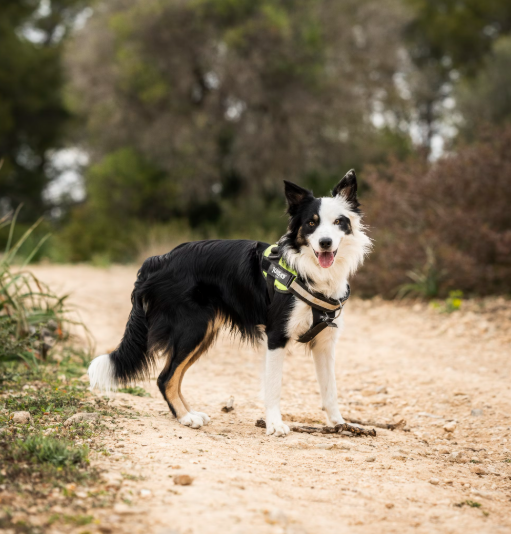
Training Your Dog as a Service Dog
Yes, you absolutely can! However, embarking on this journey requires patience, consistency, and a clear understanding of what the training involves.
Obedience Training
Before transitioning into advanced service dog tasks, it’s crucial to establish a solid foundation in obedience. Your dog will need to master fundamental commands like “sit,” “wait,” “heel,” walking calmly on a leash, and maintaining focus on you in various situations.
It’s essential to take the training step by step and not rush the process. Allow your dog time to build confidence in their obedience skills before progressing to more complex tasks. A mastery of basic obedience ensures a smoother transition to specific service dog training.
Specific Service Dog Tasks
Service dog tasks may greatly vary based on the person’s needs. One of the biggest advantages of owner/self-training is the possibility to tailor the tasks so that they best suit the handler’s/user’s needs.
It is important to clarify that the handler and the user can be the same person or different people. The handler is the person actively engaged in the training, while the user is the individual who benefits from the performed tasks.
Specific service dog tasks might include but are not limited to:
-
Providing tactile stimulation, such as a nose nudge, a ‘kiss’, or applying Deep Pressure Therapy (DPT).
-
Reminding the handler to take medication.
-
Recognizing and alerting to changes in heart rate, blood sugar levels, seizures, or other medical episodes.
-
Assisting during panic attacks or anxiety by guiding the handler to a safe space.
-
Interrupting repetitive behaviors.
-
Supporting mobility and balance or creating a buffer in crowded areas.
-
Retrieving essential items like medication or a phone.
-
Waking the handler during nightmares or night terrors.
Some tasks may come more naturally to your dog, especially if you already share a strong emotional connection.
Psychiatric service dog training is often less physically demanding than other types of service dog training, which makes it easier. However, it still requires consistent practice, patience, and a clear focus on your goals.
Public Access Training
One of the most challenging yet vital aspects of service dog training is teaching your dog to remain calm and composed in public. Service dogs need to learn to ignore distractions, remain focused on their handlers, and behave appropriately in all types of environments.
This can be achieved by gradually exposing your dog to new situations and stimuli in a controlled manner. It’s recommended to begin with low-distraction environments and slowly increase the difficulty. Reward positive behaviors with treats (primary positive reinforcement tool), toys, praise and petting (secondary positive reinforcement tool), encouraging them to show the desired behaviors in the future.
Early and consistent socialization is essential for any dog, but it becomes especially critical when training a service animal. Socialization means gradually exposing the dog to various people, environments, sounds, and situations, helping them develop the adaptability and confidence needed to navigate through all types of situations.
Proper socialization ensures they can reliably carry out their tasks when they are navigating busy public spaces. By gradually introducing new experiences and reinforcing positive behavior, you help your furry friend become a reliable assistant, ready to support you when you need them.
Why Work With Service Dog Training School International?
Our training programs are designed to provide a clear, step-by-step approach that is easy to follow, flexible, and tailored to your pace. Each course includes detailed lessons with a clear structure, divided into simple steps. They will guide you through the process of training your dog, from basic obedience to advanced service tasks and good manners in public.
We offer ongoing support throughout your training journey, including personalized feedback, answers to your questions, and guidance to help you succeed.
Having a certificate as proof of training can help demonstrate your dog’s training and legitimacy as a service animal, especially when navigating public spaces or traveling.
Upon completing our program, your dog’s information will be added to our online verification system, making it simple to confirm their training credentials whenever needed.
FAQ
Will I be allowed to fly with my cat as an Emotional Support Animal on Caribbean Airlines?
No, at the time of writing, the airline accepts only dogs as ESAs.
On which routes are ESAs still accepted by Caribbean Airlines?
The airline will continue to accept ESAs on domestic flights between Trinidad and Tobago.
Are Psychiatric Service Dogs recognized by the airline as Service Animals?
Yes, Psychiatric Service Dogs will continue to be recognized as Service Animals.




